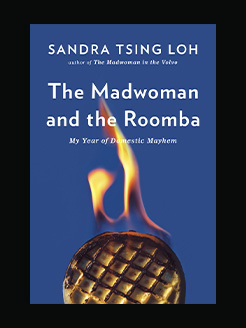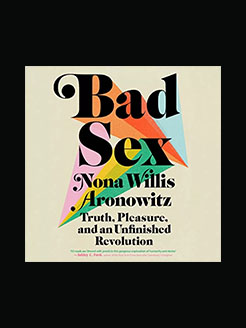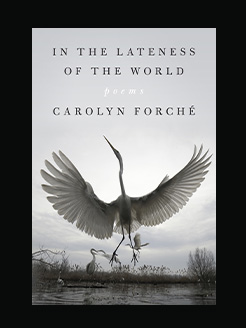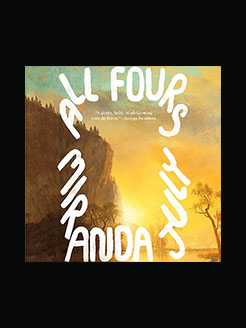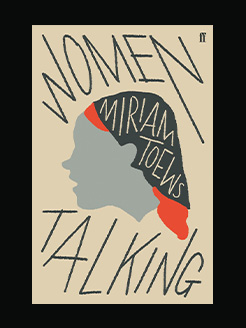Published in 2021
218 pages
Izumi Suzuki was born in 1949. After dropping out of high school she worked in a factory before finding success and infamy as a model and actress. Her acting credits include both pink films and classics of 1970s Japanese cinema. When the father of her children, the jazz musician Kaoru Abe, died of an overdose, Suzuki’s creative output went into hyperdrive and she began producing the irreverent and punky short fiction, novels and essays that ensured her reputation would outstrip and outlast that of the men she had been associated with in her early career. She took her own life in 1986, leaving behind a decade’s worth of groundbreaking and influential writing.
What is this book about?
Seven punky and pitch-black stories offer English-language readers an overdue introduction to Izumi Suzuki, a cult figure in Japanese literature.
The fissures in a queer matriarchal utopia are exposed when a boy – a creature usually contained in ghettoised isolation – appears beneath young Yūko’s window; an extreme government initiative curbing overpopulation prompts a woman to re-evaluate her friendships; the last family in a desolate city learns to be human through the awkward appropriation of popular culture; passive-aggressive furniture provides unwelcome romantic advice; tense interplanetary politics distort Emma’s love life; Jane’s ex-girlfriend reppears, radically altered and insistent on a catch-up; Tokyo’s teenagers, disaffected and numb from excessive screentime, find distraction in violence.
Suzuki’s singular slant on science fiction remains fresh and essential. Concerns about society, gender and imperialism dovetail irresistibly with flights of speculative wonder. And with a kitchen sink in the corner of even her wildest stories, Suzuki reminds us that while society may be limitless, relationships remain impossible
